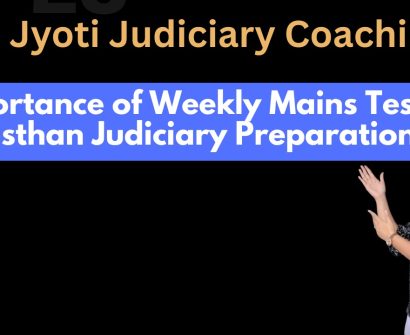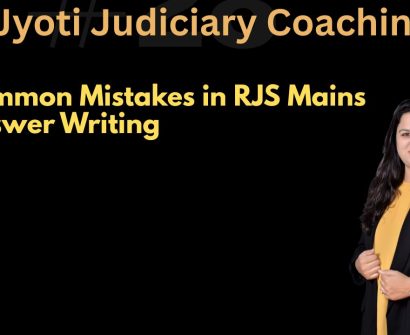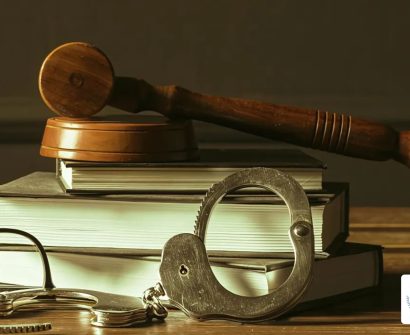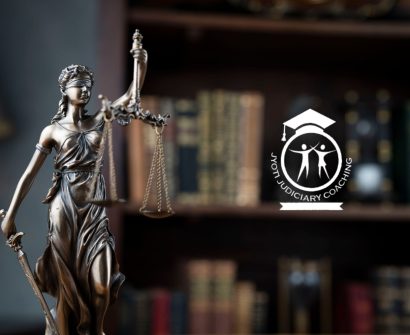
The most significant area of adjective law is the Law of Evidence. It is the responsibility of the courts to determine whether specific facts are true or false, to apply substantive law to the determined facts, and to declare the rights and obligations of parties insofar as these facts impact them. Evidence is the mechanism through which the courts are made aware of the presence of these facts. Establishing the correct information is the first and most crucial stage in making an appropriate decision.
In Sir Stephen’s own words: “The law of Evidence is that part of the code of procedure which, with a goal of determining independent legal obligations and rights in specific instances, decides: (a) what facts may, and what facts may not, be proved in a given case; (b) what kind of evidence must be given of a fact which may be proved; and (c) by whom and in what manner the evidence must be produced by which any fact is to be proved.”
If you want to be a judicial officer and are looking for online RJS coaching, here, at Jyoti Judiciary we provide comprehensive study material to make your preparation solidified and topnotch. From preliminary mock tests, to mains answer writing sessions every material required for clearing the exam is provided. We have separate legal current affairs classes, legal general knowledge, current affairs classes all in one time enrolment. Hurry up.









